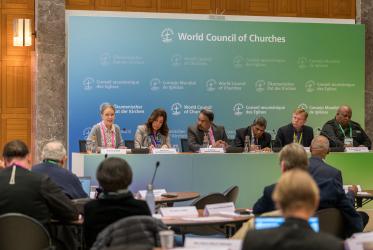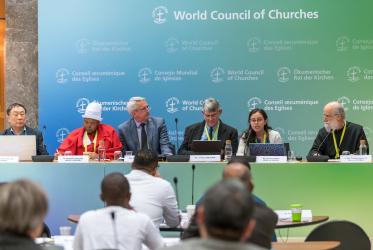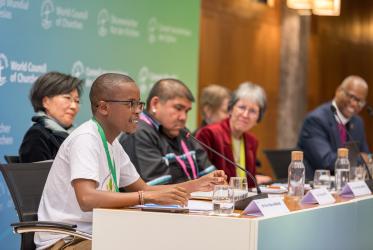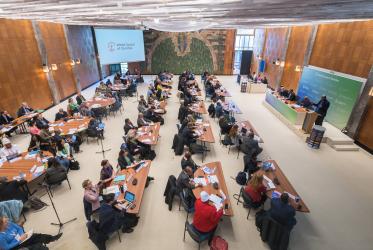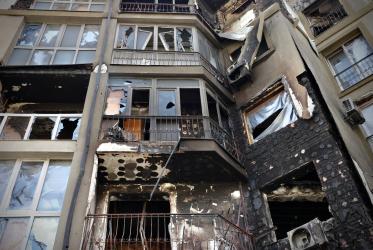Displaying 21 - 40 of 2374
Que peuvent faire les Églises pour prévenir l’esclavage moderne?
26 February 2024
What can churches do to prevent modern slavery?
22 February 2024
WCC submits comments on draft UN “Pact for the Future”
12 February 2024
